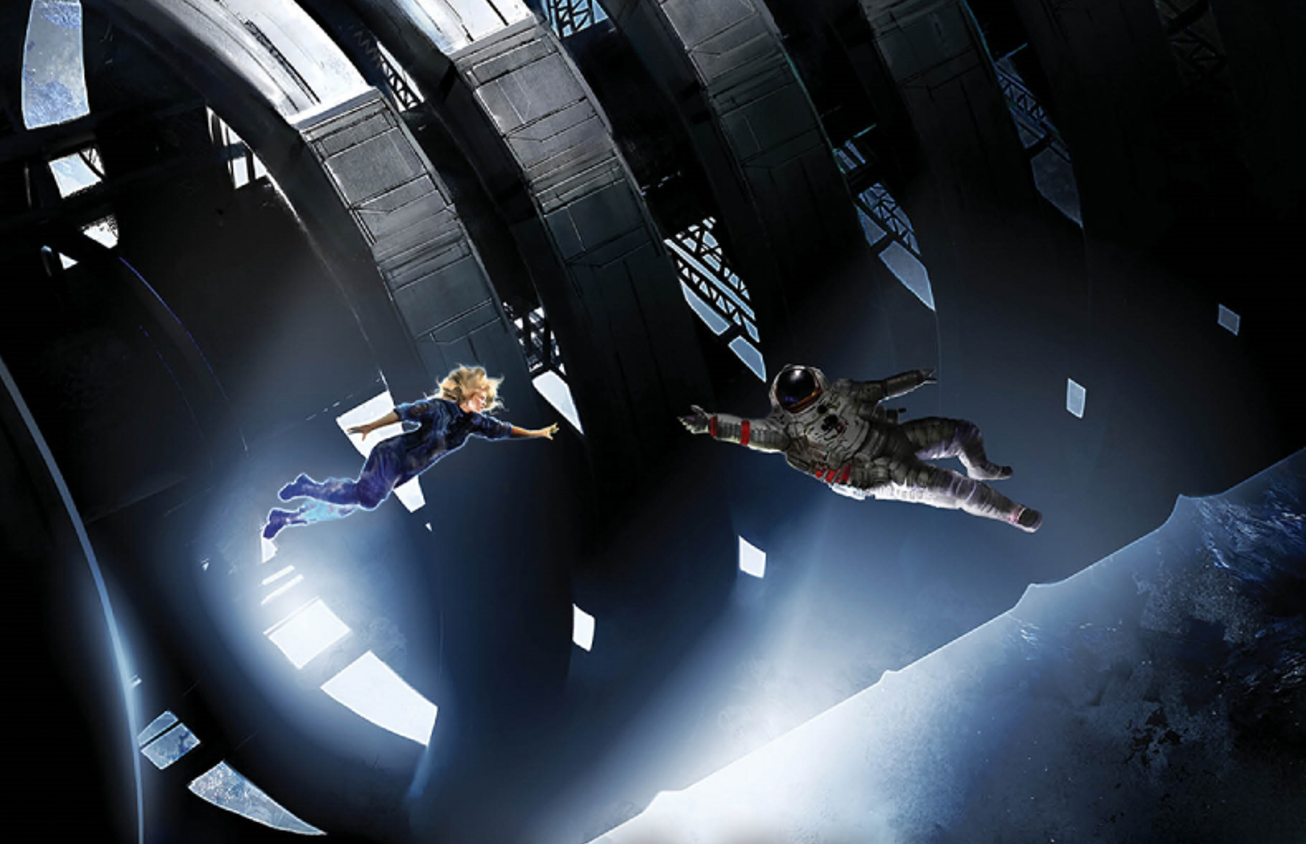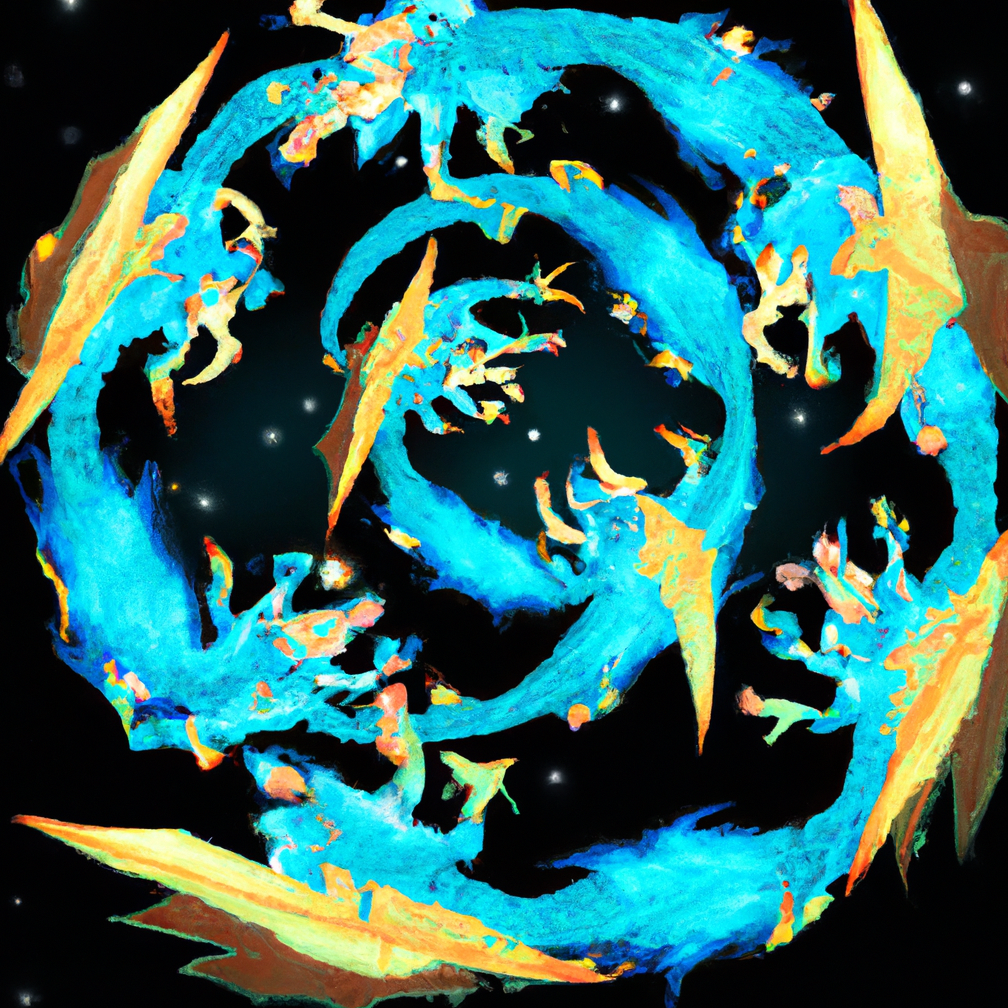In his debut novel about a fleet of generation starships arriving at Tau Ceti after a 132 year journey, Adam Oyebanji deftly manages to avoid a lot of the tropes of the whole generation starship stories. The crew know that they are on the ship, they aren’t worshiping their ancestors, they know they came from Earth, they have been maintaining the ships the whole time, they haven’t devolved into a dark age society — any of that. Earth wasn’t destroyed by aliens or an apocalypse or any of that; Earth is probably doing just fine. The AIs that control Earth had built some starships, decided the danger wasn’t worth the risk, a group who wasn’t crazy about living in an AI-controlled society bought the ships and took off and Earth was glad to see them go.
It’s just so damn refreshing.
Generation starships were a golden age of science fiction invention to get around the likelihood that there was no way to get around the speed of light being an absolute limit. So, starships are going to take hundreds or thousands of years to get to even nearby stars, and thus — generation ships. People live and die and have kids and they have kids and eventually they get someplace where they hope they can survive. Heinlein’s Orphans of the Sky was the first one I read with that plot, but I doubt it was the first. It had most of the tropes above; it probably started most of them. (Wikipedia says the idea of a generation ship dates from around 1918, so it is much older than Heinlein’s 1964 novel).
In “Braking Day“, the fleet of starships is about to spin around and start the year-long, final burn, to get captured by Tau Ceti’s gravity and begin to survey the potentially Earthlike planet they have found. Ravi MacLeod is a trainee engineer who is just trying to stay out of trouble and become the first of his family to ever make officer grade.
This life is shattered when, while on a job to a distant part of his ship, the ISV-1 Archimedes, away from the hustle and bustle of the pervasive dataweb these future humans call the “hive”, Ravi looks out a window and sees a woman floating there, smiling and waving at him — and she isn’t wearing a spacesuit.
Visions of this mysterious woman increase and seems to be urging him to do something — to help her. Ravi soon discovers that almost everything he has been told about the voyage isn’t… exactly what he’s been told.
No, this one doesn’t use the trope that they’ve been on Earth the whole time and it’s just a giant prank. I’ve read at least two stories and seen a television show where they used that trope, and if Oyebanji had tried that, I’d have closed the book and returned it to the library that moment.
The book has a couple flaws. One character develops a mysterious psychic power that doesn’t seem to go anywhere. Ravi seems to be way too trusting of a certain person that any reader could see problems coming with a light year away.
Still, Oyebanji does such a good job of telling an original story in such a worn-out space that I just have to respect him for writing such a fun page turner. I’d love to read a sequel.


